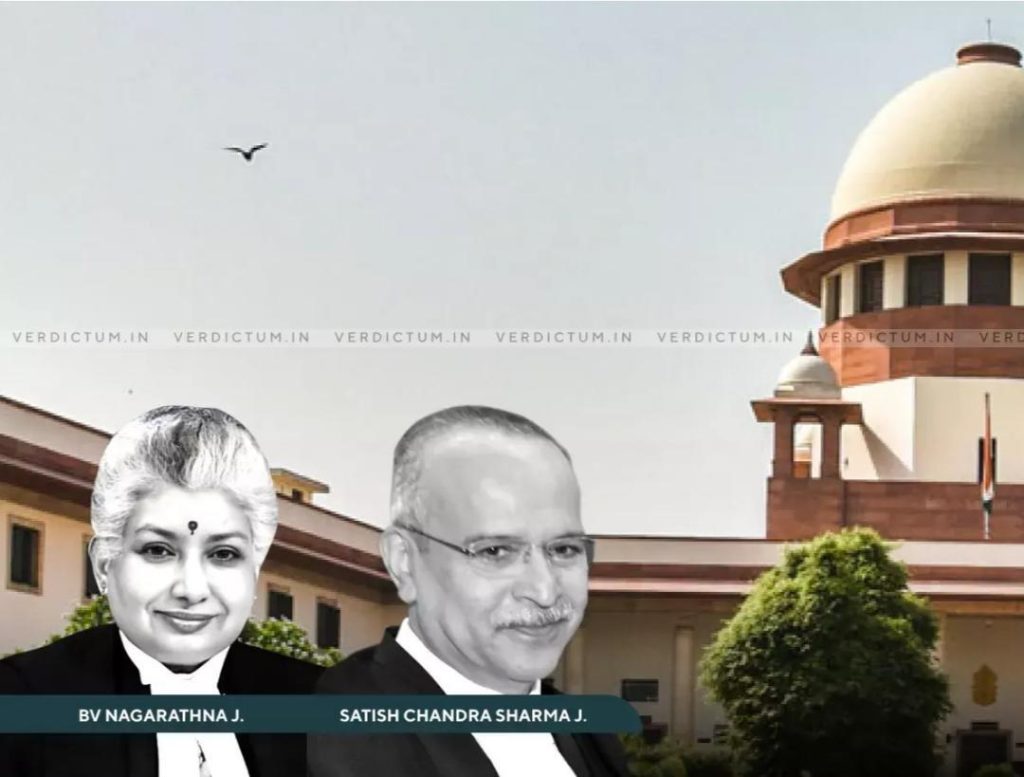
Victim-Complainant has right to appeal u/s 372 CrPC proviso: SC
In a significant judgment, the Supreme Court has held that the victim of an offence has the right to prefer an Appeal under the proviso to Section 372 of the Criminal Procedure Code, 1973 (CrPC). This is regardless of whether the victim is a Complainant or not. The court allowed Criminal Appeals filed against the common Judgment of the Madras High Court.
In the case of Celestium Financial v. A. Gnanasekaran etc. (2025 INSC 804), the Supreme Court was dealing with appeals filed by the accused against the common Judgment of the Madras High Court. The accused had been convicted of various offences, including cheating and misappropriation of funds.
The central issue before the court was whether the victim-complainant had the right to prefer an appeal under the proviso to Section 372 CrPC. The proviso provides that a victim of an offence who has suffered a loss or injury as a result of the commission of the offence has the right to prefer an appeal against the acquittal of the accused.
The Madras High Court had held that the victim-complainant did not have the right to prefer an appeal under the proviso to Section 372 CrPC because he was not a Complainant. The accused had challenged this judgment before the Supreme Court.
In its judgment, the Supreme Court held that the victim-complainant has the right to prefer an appeal under the proviso to Section 372 CrPC, regardless of whether he is a Complainant or not. The court noted that the proviso uses the phrase “victim of an offence” and does not specify that the victim must be a Complainant.
The Supreme Court also noted that the purpose of the proviso is to ensure that the victim of an offence has a meaningful right of appeal and that the victim is not left without any remedy. The court held that allowing the victim-complainant to prefer an appeal under the proviso would serve this purpose.
The Supreme Court’s judgment is significant because it ensures that victims of crimes have a meaningful right of appeal and that they are not left without any remedy. It also clarifies the scope of the proviso to Section 372 CrPC and ensures that victims are not excluded from exercising their right of appeal.
The Supreme Court’s judgment is also important because it recognizes the importance of victim’s rights in the criminal justice system. Victims of crimes often suffer significant loss and injury as a result of the commission of the offence and it is essential that they have a meaningful right of appeal.
In conclusion, the Supreme Court’s judgment in Celestium Financial v. A. Gnanasekaran etc. is significant because it recognizes the right of the victim-complainant to prefer an appeal under the proviso to Section 372 CrPC. It ensures that victims of crimes have a meaningful right of appeal and that they are not left without any remedy. It also clarifies the scope of the proviso and recognizes the importance of victim’s rights in the criminal justice system.






